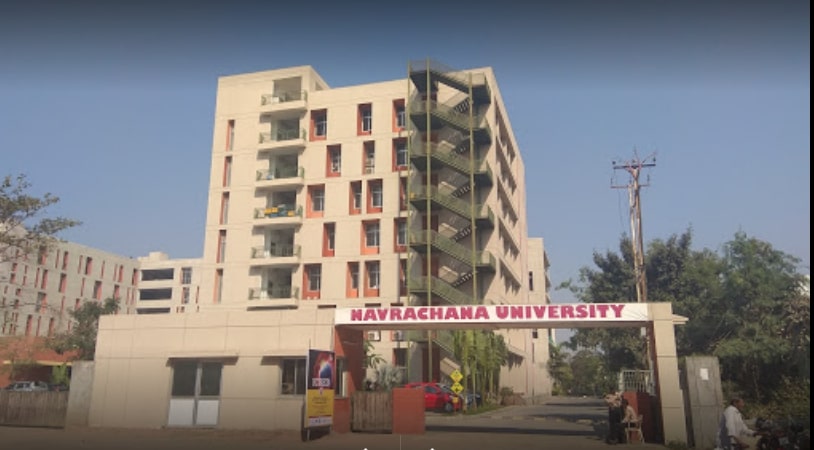
To emerge as a center of excellence for holistic higher education, the University has established a top-class School of Engineering and Technology as a key provider of knowledge through teaching, research and industry connect in the field of Engineering and Technology. The M.Tech Program has the concept of pure and applied research as well as application of engineering theory into practice as its core philosophy.
M.Tech Program in Navrachana University has four specialized courses, these are:
Engineering education and profession is a challenging and rewarding for students who are talented and creative. It calls for developing expertise in designing technological systems to benefit the society. In addition, the problem-solving strategies learned in engineering are readily transferable. While the curriculums of all M.Tech programs have some common pattern in the courses, however, every program has educational characteristic unique to its own. The programs have a definite academic philosophy and pedagogy which imparts a distinct identity in NUV’s technical education. We follow a credit-based semester system that is followed internationally and take some time to understand the system and the grading pattern.
To be announced shortly
Total Seats 60
The WAT will comprise of choice based questions in English, Quantitative Technique and Logical Reasoning.